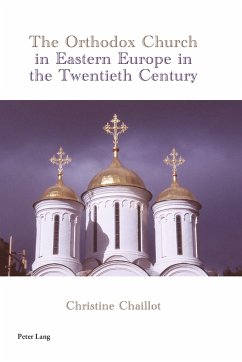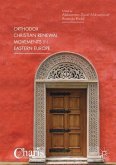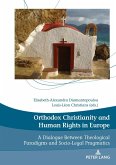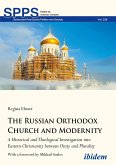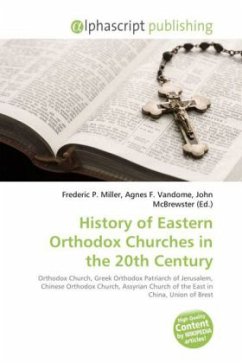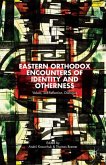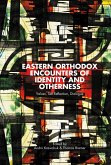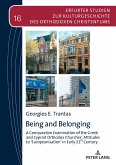It is common knowledge that the majority of the population of Eastern Europe belong to the Christian Orthodox tradition. But how many people have an adequate knowledge of the past or even of the present of these Orthodox churches? This book aims to present an introduction to this history written for a general audience, both Christian and non-Christian.
After the 1917 revolution in Russia, communism spread to most of the countries of Eastern Europe. By 1953, at the time of Stalin's death, the division between Eastern and Western Europe seemed absolute. However, the advent of perestroika at the end of the 1980s brought about political changes that have enabled the Orthodox Church to develop once again in Eastern Europe.
The foundation of the European Union in 1993 has had a broader significance for Orthodox communities, who can now participate in the future development of Europe. Some Orthodox Churches already have their representatives at the European Union in Brussels. These include the patriarchates of Constantinople, Russia and Romania, along with the Church of Greece and the Church of Cyprus.
Today, Europe is becoming increasingly religiously diverse, even within Christianity itself. A growing number of Orthodox Christians have come to work and settle in Western Europe. An understanding of the history of the Orthodox communities in Eastern Europe in the twentieth century will contribute, in a spirit of informed dialogue, to the shaping of a new united Europe that is still in the process of expansion.
This book is translated from the French version (published 2009).
After the 1917 revolution in Russia, communism spread to most of the countries of Eastern Europe. By 1953, at the time of Stalin's death, the division between Eastern and Western Europe seemed absolute. However, the advent of perestroika at the end of the 1980s brought about political changes that have enabled the Orthodox Church to develop once again in Eastern Europe.
The foundation of the European Union in 1993 has had a broader significance for Orthodox communities, who can now participate in the future development of Europe. Some Orthodox Churches already have their representatives at the European Union in Brussels. These include the patriarchates of Constantinople, Russia and Romania, along with the Church of Greece and the Church of Cyprus.
Today, Europe is becoming increasingly religiously diverse, even within Christianity itself. A growing number of Orthodox Christians have come to work and settle in Western Europe. An understanding of the history of the Orthodox communities in Eastern Europe in the twentieth century will contribute, in a spirit of informed dialogue, to the shaping of a new united Europe that is still in the process of expansion.
This book is translated from the French version (published 2009).

